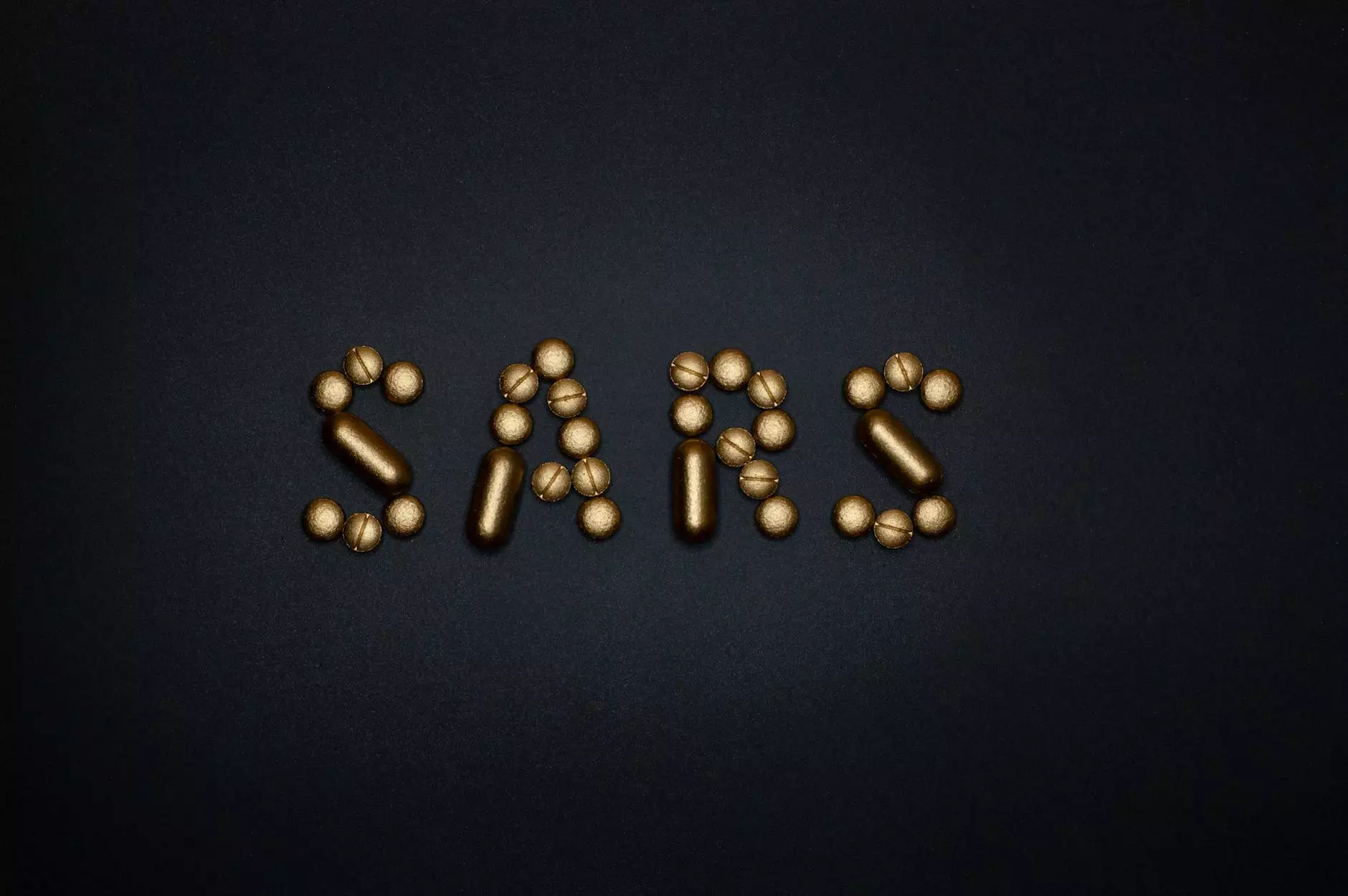Unraveling the Influence of **Streaming Music Services** on DJs and Music Production

Streaming music services have irrevocably changed the way we experience music, creating a myriad of opportunities and challenges for DJs, musicians, and music producers alike. With the rise of platforms such as Spotify, Apple Music, and Tidal, the traditional landscape of music consumption has evolved, presenting new avenues for creativity and revenue generation in the music industry.
The Rise of Streaming Music Services
Starting in the early 2010s, the music industry witnessed a substantial shift from physical album sales to digital streaming. As technology advanced, listeners sought more convenient ways to access their favorite tunes, prompting the launch of various streaming music services. These platforms have revolutionized the music ecosystem in significant ways, creating benefits for consumers and artists.
Accessibility and Convenience
One of the most notable benefits of streaming music services is their accessibility. Music lovers can now:
- Access vast libraries containing millions of songs.
- Stream music from anywhere, at any time, using multiple devices.
- Create and share personalized playlists with ease.
This unprecedented level of convenience has made music more accessible than ever, especially for DJs, who can easily find and curate tracks to suit their sets.
New Revenue Streams for Artists
For artists and producers, streaming music services offer new ways to monetize their work. While traditional record sales often yielded limited returns, streaming platforms provide a more robust revenue model through:
- Royalty payments based on listen count.
- Exposure to a global audience, enabling artists to gain traction and reputation.
- Opportunities for placement in curated playlists, which can drive significant listening figures.
For DJs, this means they can promote their mixes through these platforms and potentially earn revenue through plays and exposure.
The DJ's New Toolbox: Leveraging Streaming Music Services
In this new digital age, DJs must adapt their practices to leverage streaming music services effectively. Here’s how they can do just that:
Curating Unique Playlists
DJs can utilize streaming services to create unique playlists that reflect their style, mood, and the ambiance of events. These playlists can serve as:
- A promotional tool to showcase their skills to potential clients.
- A means to engage with audiences by sharing mixes via links.
- An avenue for collaboration with other artists, promoting mutual growth.
Engagement and Branding
Streaming platforms allow DJs to engage directly with their fans, helping build a loyal community. Strategies include:
- Using social media to promote playlists and mixes.
- Encouraging user-generated content by inviting fans to share their own mixes.
- Hosting live-streamed sessions to reach wider audiences.
This type of engagement can enhance a DJ's brand and lead to increased booking opportunities.
Understanding the Role of Streaming Music Services in Music Production
For music producers, streaming music services bring innovative tools and platforms that aid in music creation and distribution. Here’s a closer look at these facets:
Access to Inspiration
Producers can explore the vast libraries of tracks available on these platforms for inspiration, analyzing trends to create contemporary sounds. By examining:
- Popular genres and sub-genres.
- The most streamed tracks in specific categories.
- User-generated playlists to gauge the audience's preferences.
This research can lead to informed decisions about production styles and collaborations.
Distribution and Promotion of New Releases
Once a track is produced, streaming music services provide an efficient means of distribution. Producers can release their work on multiple platforms simultaneously, maximizing reach and engagement. Strategies include:
- Setting precise release dates to build anticipation.
- Utilizing pre-save campaigns to encourage early engagement with fans.
- Collaborating with influencers to amplify reach.
These tactics ensure that a release receives the attention it deserves, resulting in higher streaming numbers.
The Challenges of Streaming Music Services
While the benefits of streaming music services are significant, they also come with challenges that artists and DJs must navigate:
Compensation and Royalties
One of the most contentious issues in the streaming model is the compensation artists receive. With streaming payments often being significantly lower than traditional sales, many artists navigate the complexities of earning a living solely from streaming. In response, it is essential for DJs and producers to:
- Diversify their income streams by performing live, selling merchandise, and offering services.
- Negotiate fair contracts with labels and management that take streaming into account.
- Engage in crowdfunding or fan support models to supplement income.
Content Oversaturation
As more artists join streaming music services, heightened competition can lead to oversaturation of content. This necessitates that artists stand out through:
- High-quality production and mixing.
- Creating an identifiable brand and image across platforms.
- Engaging storytelling in their music to connect emotionally with listeners.
Future Trends in Streaming Music Services
The landscape of streaming music services continues to evolve, with several trends on the horizon. Keeping an eye on these trends is vital for DJs and music producers:
Enhanced Personalization
Streaming services are using advanced algorithms to enhance user personalization. DJs and producers can:
- Utilize data analytics to identify listener demographics and adjust their music accordingly.
- Participate in remix competitions hosted by services that target niche audiences.
Integration of Technology
The integration of new technologies, such as artificial intelligence and virtual reality, promises to revolutionize the way music is produced and consumed. DJs and producers might explore:
- AI-assisted composition tools for creating new, unique sounds.
- Virtual concert experiences that harness VR technology to engage audiences like never before.
Conclusion
In conclusion, streaming music services have not only transformed the way audiences access and enjoy music but have also created dynamic opportunities for DJs and music producers to innovate, connect, and monetize their work. Understanding and adapting to the landscape of these platforms is not just beneficial; it is essential for success in today’s music industry. As the sector continues to evolve, those who embrace these changes will undoubtedly flourish.
For more information, insights, and resources, visit us at music-worx.com, where we offer premium services tailored for DJs and music production enthusiasts.









